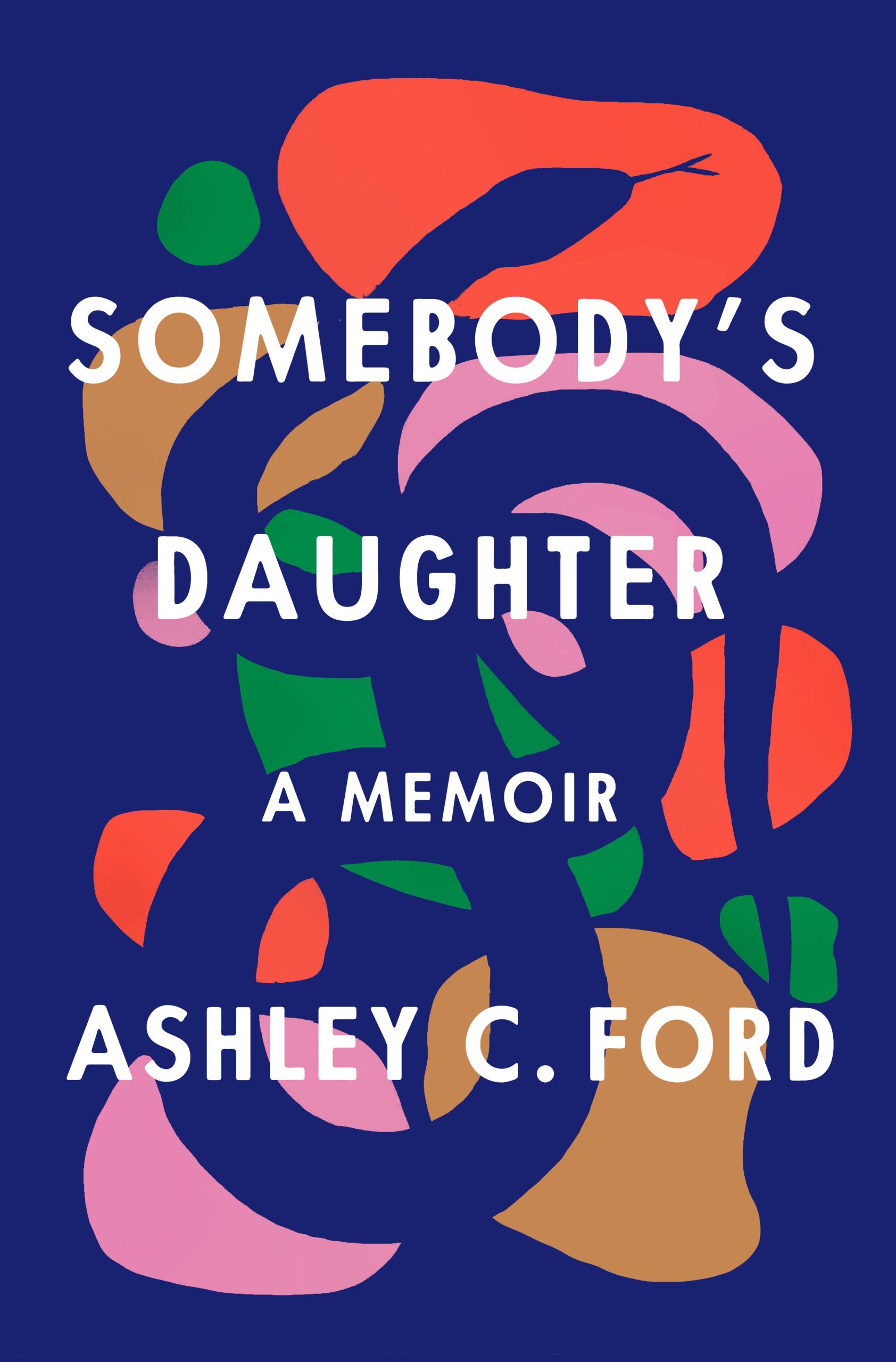
Ashley C. Ford’s Somebody’s Daughter is one of those rare memoirs that feel both intensely personal and universally resonant. With lyrical honesty and emotional precision, Ford tells the story of her coming-of-age as a poor Black girl in Indiana, growing up under the shadow of an incarcerated father and the volatile presence of a mother struggling with her own pain. The result is a work that transcends memoir and becomes something closer to collective truth a mirror for anyone who has ever sought love and safety in the wrong places.
At the heart of this story lies Ford’s lifelong longing for her father. For much of her childhood, he is a distant yet idealized figure, a man she imagines as sensitive, creative, and understanding the only person who truly gets her. Her mother, by contrast, is harsh, unpredictable, and often violent. The emotional tension between the father she dreams of and the mother she cannot please becomes the axis around which Ford’s young life turns. But as she grows older, faces sexual assault, and finally learns the truth about her father’s imprisonment, that fragile illusion shatters, forcing her to rebuild her sense of identity from the ground up.
Reviewer Lisa of Troy captures this duality perfectly: “Ashley puts him on a pedestal because he never criticizes her and offers a blitz of kind words, ‘I love you. You are beautiful.’ But when it comes to love, words are cheap. Love is rarely about grand gestures and is often about consistently showing up day-to-day.” That observation speaks directly to the emotional heart of Somebody’s Daughter. Ford’s memoir is not a story of reconciliation but of reckoning with family myths, with trauma, and with the uneven ways that love is expressed and withheld.
Stylistically, Ford writes with the sensitivity of a poet and the fearlessness of someone who has survived and chosen to tell the truth. Reviewer Regina highlights this strength, calling the book “a self-reflective and unapologetic look at coming of age feeling both drawn to and repelled by your lineage.” She also recommends the audiobook, which includes a conversation between Ford and poet Clint Smith a fascinating discussion about how to tell one’s story without compromising truth for the comfort of others.
Not every reader will connect with the book in the same way. Reviewer Ebony Rose found the memoir’s marketing misleading, expecting more focus on Ford’s father when in fact the book centers more on her mother, childhood, and sexual trauma. She also noted a lack of a cohesive narrative thread, observing that the memoir reads more like a collection of vignettes than a continuous story. Yet even with those structural critiques, she acknowledged the bravery and emotional authenticity of Ford’s writing, which captures the confusion and beauty of growing up amid brokenness.
What makes Somebody’s Daughter so powerful is its refusal to simplify. Ford doesn’t paint her parents as heroes or villains. Instead, she writes them as they are complicated, human, damaged, and capable of both love and cruelty. In doing so, she also writes herself into being. Through her pain, she finds her power; through her vulnerability, she discovers her voice.
This is a book about longing and loss, but also about resilience. It is about the courage it takes to stop idealizing the people who hurt you, and the grace required to forgive them anyway. Somebody’s Daughter stands as a vital memoir in the tradition of The Glass Castle and Heavy, confronting the scars of childhood with both tenderness and strength.
If you’re drawn to memoirs that explore family, identity, and the complicated ways we define love, this is one you won’t forget.


